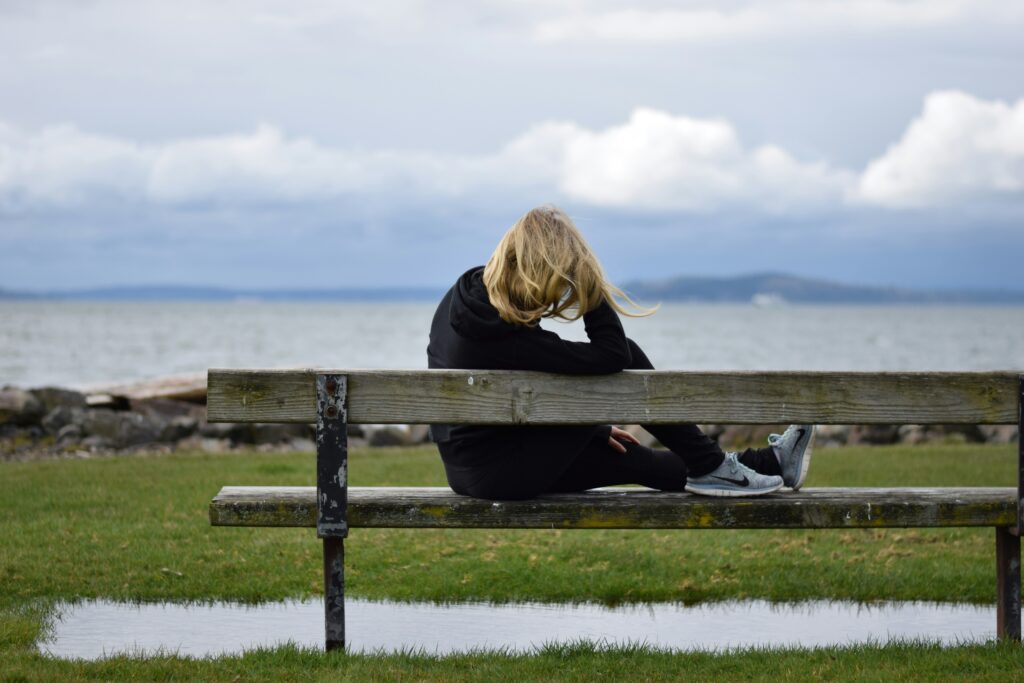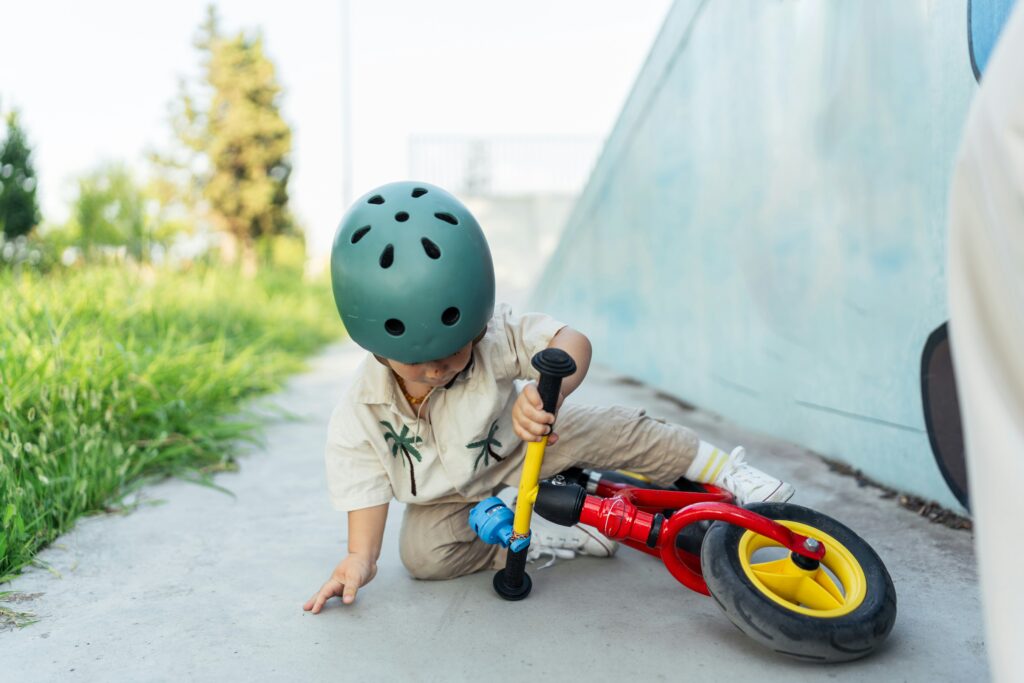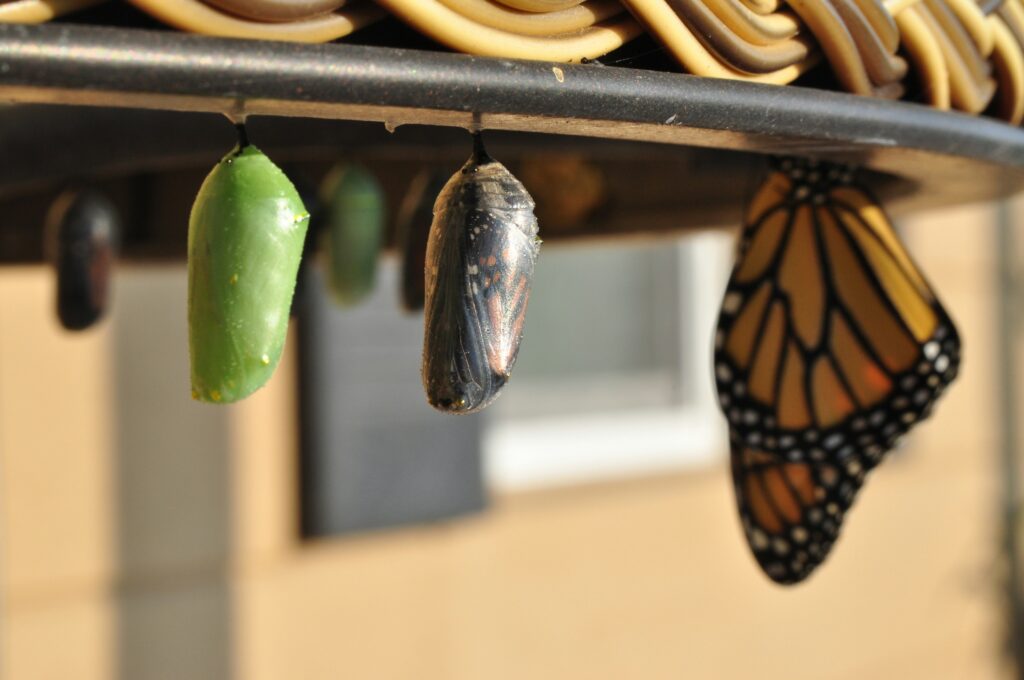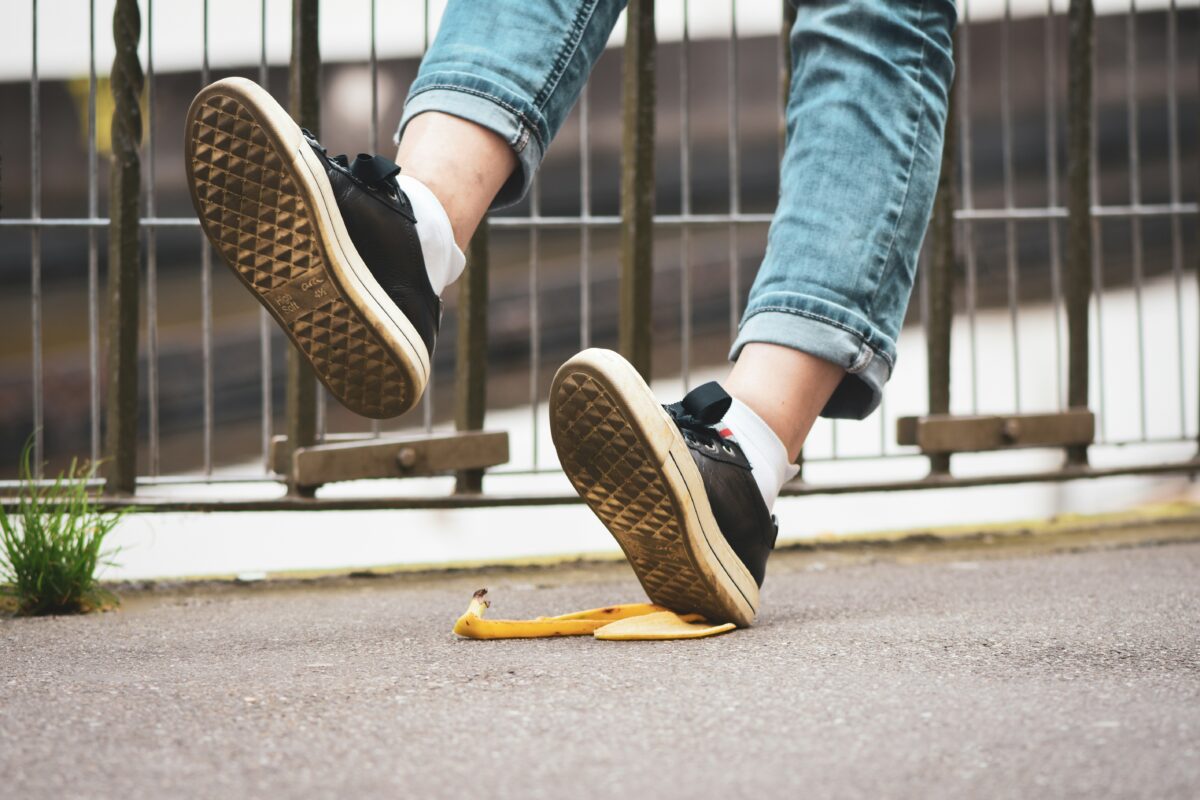Stumbling isn’t just a childhood experience—it follows us into adulthood in many different forms. Maybe you failed an important exam, made a mistake at work, or invested time into a project that didn’t turn out the way you hoped. Perhaps you pursued a certain career path, only to realize it wasn’t the right fit. Or maybe you snapped at a loved one in the morning and spent the rest of the day regretting it.
No matter how big or small, stumbling is an inevitable part of life. But instead of seeing it as a setback, what if we recognized it as an opportunity for growth?
The Power of Pausing and Reflecting

Too often, when we stumble, our first instinct is to move on as quickly as possible—sometimes out of embarrassment, sometimes out of frustration. According to Dutch psychologist Arjan van Dam, children don’t feel ashamed when they trip because they haven’t yet developed insecurities about what others think. It’s only as we grow older and become more aware of social expectations that embarrassment creeps in.
But what if we didn’t let embarrassment dictate our response to failure? Instead of rushing past our mistakes, we can take a moment to pause and reflect. Why did this happen? What can I learn from it? How can I do better next time?
Embracing Discomfort Builds Resilience

According to researcher and author Brené Brown in Rising Strong, people tend to react to failure with a fight-or-flight response—either denying the mistake or avoiding it altogether. But the most resilient individuals do something different: they allow themselves to feel uncomfortable. They acknowledge their emotions, examine their thoughts, and understand how their behaviors contributed to the situation.
This process of self-reflection is what allows us to grow. When we resist the urge to ignore or suppress failure, we gain valuable insights that help us make better choices in the future.
Turning Stumbles Into Stepping Stones

Arjan van Dam challenges the idea that mistakes are only acceptable for children. Why do we encourage kids to learn through trial and error but hold ourselves to a different standard as adults? The truth is, mistakes are an essential part of learning at any age.
Instead of fearing failure, we should embrace it. Every stumble is a lesson in resilience, self-awareness, and perseverance. The key is to shift our perspective: rather than seeing mistakes as proof of inadequacy, we can view them as stepping stones toward growth.
Learn, Adapt, and Keep Moving

Life isn’t about avoiding failure—it’s about learning from it. The most successful people aren’t those who never stumble, but those who use their setbacks to improve. So the next time you trip up, take a deep breath, reflect on what happened, and move forward with newfound wisdom.
After all, stumbling isn’t the end of the road—it’s just a sign that you’re still moving.


